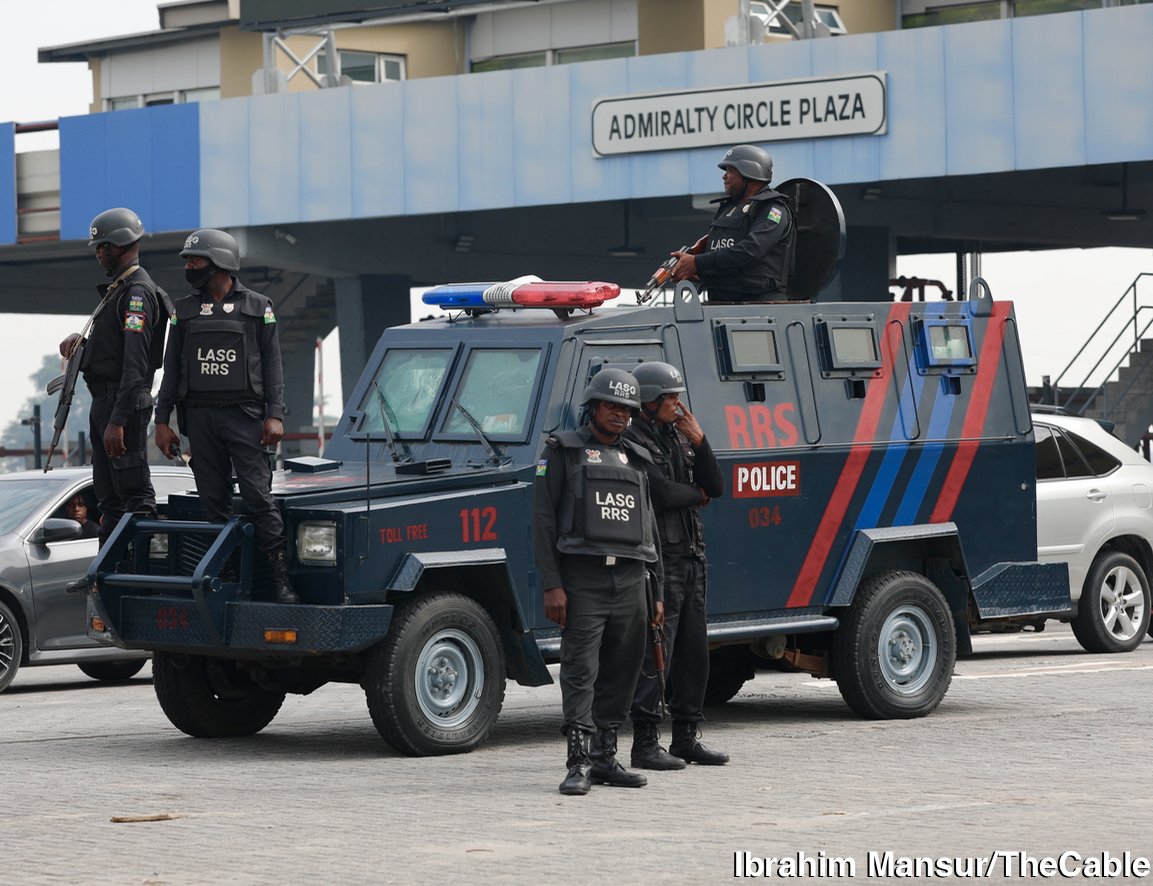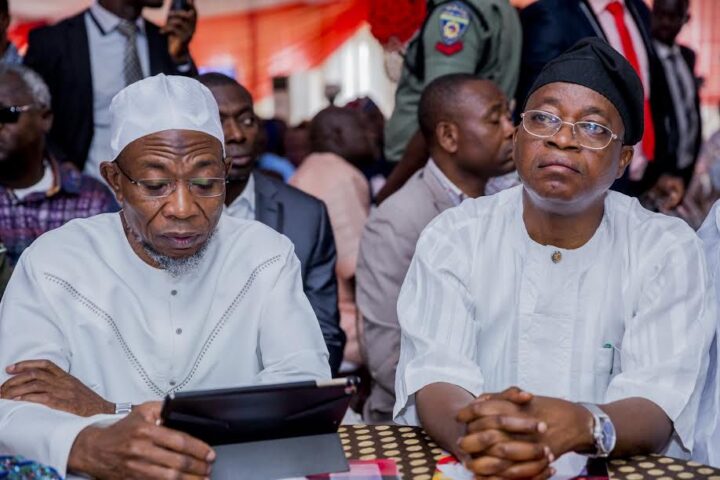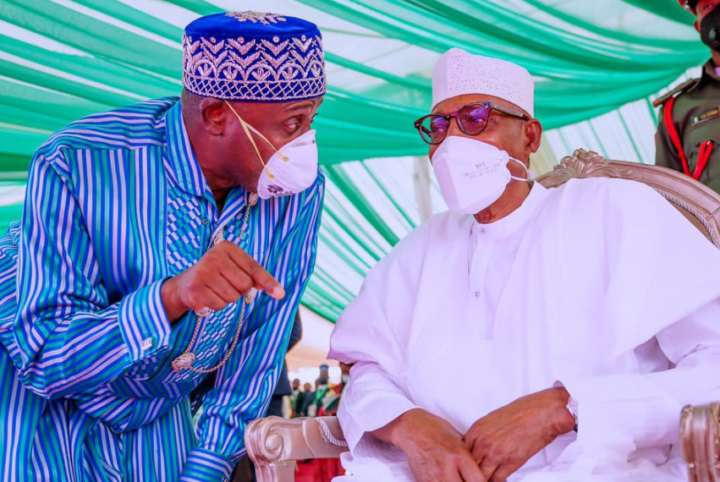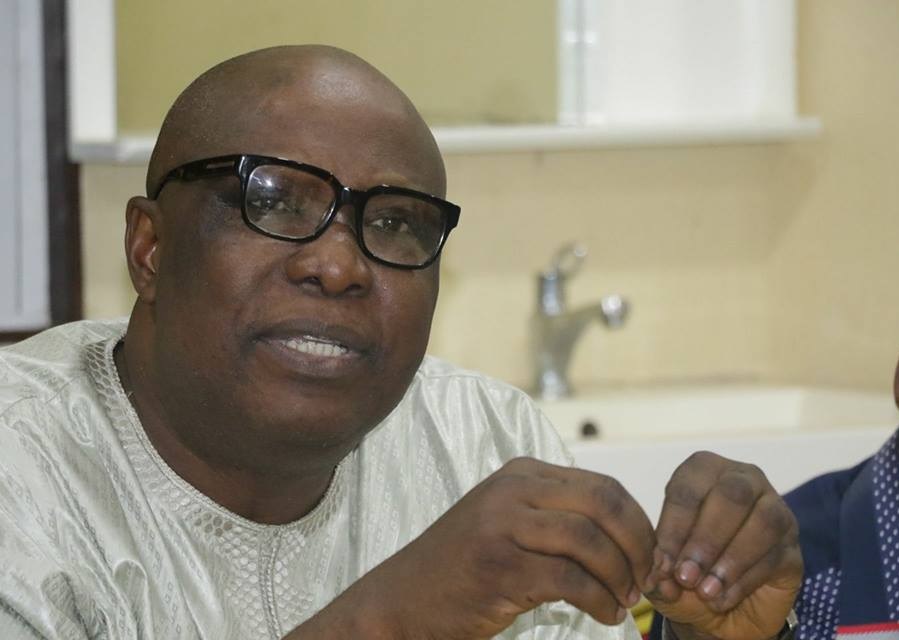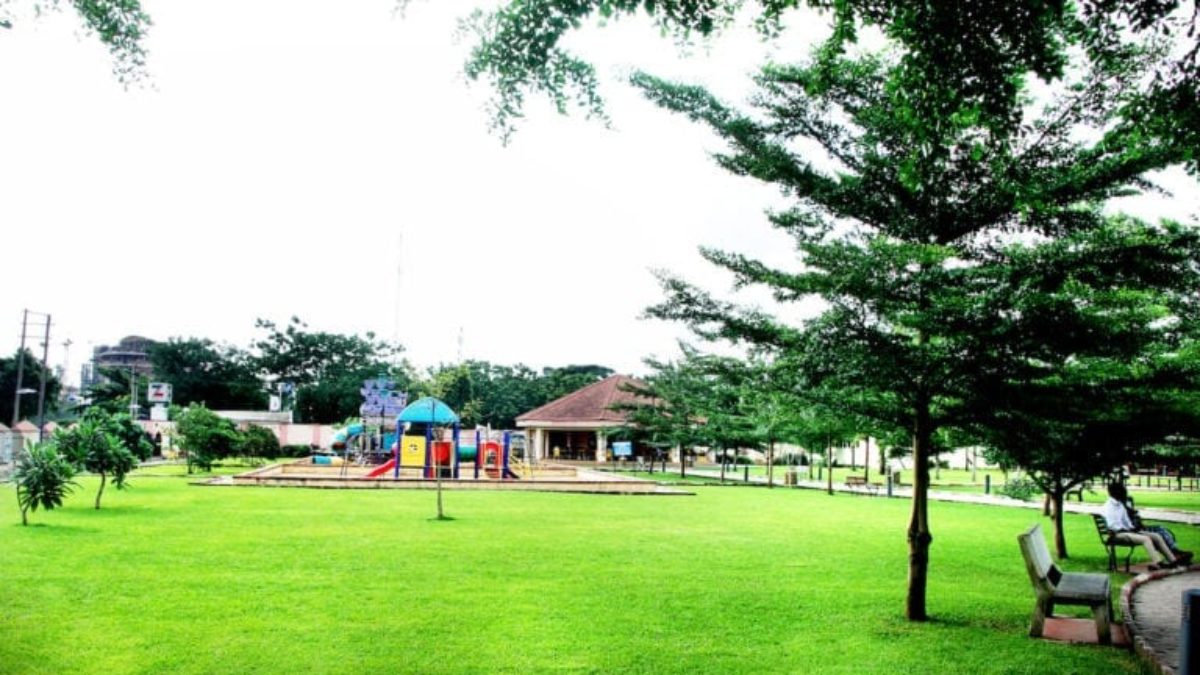BY OLAOGUN MICHAEL SUNKANMI
As intense conversations continue to generate reactions and counter-reactions in Nigeria’s political space on the subject of state police in order to combat sub-national security threats and consolidate the existing policing structure in Nigeria, one may not be wrong to say citizens’ have resolved to fate.
The federal government and the state governments remain protagonists and antagonists on issues bordering around the security of lives and properties of Nigerians who voted both representatives at the national and sub-national governments into power.
One would not be wrong to say that Nigerians are daily suffering the adverse consequences of the battle between federal and states “elephants”.
Advertisement
The federal government has insisted that Nigeria is not ripe for multilevel policing structures, yet Nigerians continue to lose their families and friends to insurgents, kidnappers, herdsmen and bandits.
President Muhammadu Buhari alluded to the position of the federal government in his exclusive interview he granted Channels Television at the break of the New Year. He justified the position of the federal government by how the governors have turned the local government into appendages.
The position taken by state governments also remains that sub-level policing is one of the major ways in combating insecurity in Nigeria, though, this will require a constitutional amendment.
Advertisement
Meanwhile, the governors across the regions, particularly south-east and south-west, have established Ebube Agu and Amotekun respectively as a way to address the security crises bedevilling the two regions. However, the two outlets have generated debates on their legalities.
As it stands, reaching a consensus appears to be difficult. The position taken by the protagonists and antagonists may be argued to be influenced by politics since security agents are often found wanting during elections in Nigeria.
While lawmaking remains a cardinal responsibility of the national assembly, it appears that the apex policymaking institution under the leadership of Ahmad Lawan and Femi Gbajabiamila is “pitching” its tent with the federal government, hence the level of coldness it maintains on the subject matter. This is not without recognising lawmakers who have made personal opinions in support of citizens’ demands.
Some opinion leaders have also looked at the policing matter through the judiciary window by saying federal and state courts exist side by side.
Advertisement
Conversely, some argued that to add policing responsibility to the affairs of states, most of which are still battling issues like payment of minimum wage, may be a “death sentence” on states.
In looking at constitutional, security and by extension economic debate from citizens’ point of view, reference is made to a report published by OrderPaper Nigeria.
The report from the survey by the reputable legislative-focused organisation revealed that 82 percent of the respondents responded ‘YES’ while 12 percent and 6 percent responded ‘NO’ and ‘NOT AT THIS TIME’ respectively.
The survey result is an indication of the plight of Nigerians who have become helpless, meaning citizens are yearning for a safe and secure nation.
Advertisement
The citizens’ opinion as expressed in the survey is what one could say justifies the position and plight of the governors in having state police established, though not without the fear that the governors may become the “warlord” of their states.
While the electorate has established a strong opinion on the demand for the establishment of state police as seen in the scientifically proven survey, it is the responsibility of those trusted with public office to find a common ground in responsibly attending to the plights of the citizen; hence they will continue to be at the losing end with daily sorrows over family and friends.
Advertisement
The ongoing constitution review exercise serves as a window to sincerely address the matter one may call “life and death”.
Citizens’ across levels should continue to place the demand on the elected representatives on the matter of state policing until it is achieved, as the provision of adequate security remains the primary role of government at any level.
Advertisement
Olaogun Michael Sunkanmi, a public and policy analyst, can be reached via [email protected]
Advertisement
Views expressed by contributors are strictly personal and not of TheCable.
Add a comment
